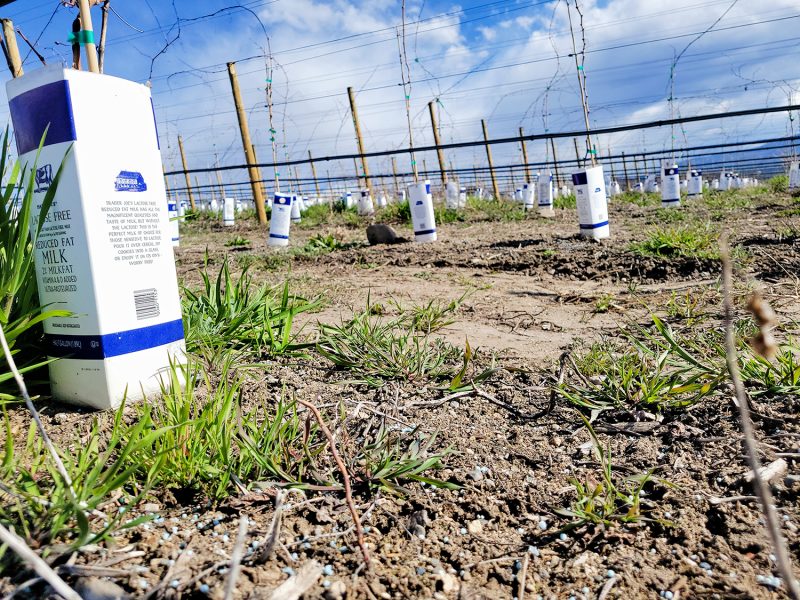A new $70.5 million replant program was announced March 13 at the BC Wine Insight conference in Penticton by Premier David Eby and BC Agriculture and Food Minister Pam Alexis.
The program will see about $65 million disbursed to farmers net of IAF administrative expenses, with $18 million for berries, $23 million for grapes and $24 million for tree fruits.
“We are very grateful for the money,” says Peter Simonsen, president of the BC Fruit Growers Association.
“We felt the government has listened to our concerns and is committed to the viability of the grape- growing industry,” BC Grapegrowers Association president Sue de Charmoy adds.
These funds are in addition to the current Perennial Crop Renewal Program (PCRP), and will support replanting over the next five to seven years.
“Details are yet to be worked out in consultation with the individual commodities, but I think this is more responsive to what industry has asked for,” says BCGA executive director Tyrion Miskell.
The announcement preceded the March 18 opening of draft applications for Stream 3 funding of the existing crop renewal program. Applicants will be able to develop their applications on-line and be ready when submissions open April 2.
The two-year program has approximately $7 million remaining for replanting after removal projects, which were funded in the first year.
Growers who took advantage of pull-out funds last year will be given priority, but new applications will also be accepted. The maximum pay-out for tree fruits is $7,500 an acre.
At this time only hazelnut, raspberry, blueberry, apple and pear growers are eligible. Although the cherry industry has completed the required “opportunity assessment,” cherry replanting is not currently eligible for Stream 3 funding. (Cherry industry representatives were not immediately available for comment)
The wine grape industry was only eligible for $1 million under the existing renewal program, and industry groups opted to channel the funds to the BC Wine Grape Council (BCWGC) to continue its research activities.
BCWGC work is funded by levies collected on grapes delivered for processing, and these have been greatly reduced by frost events.


 Drought preparations spring ahead
Drought preparations spring ahead